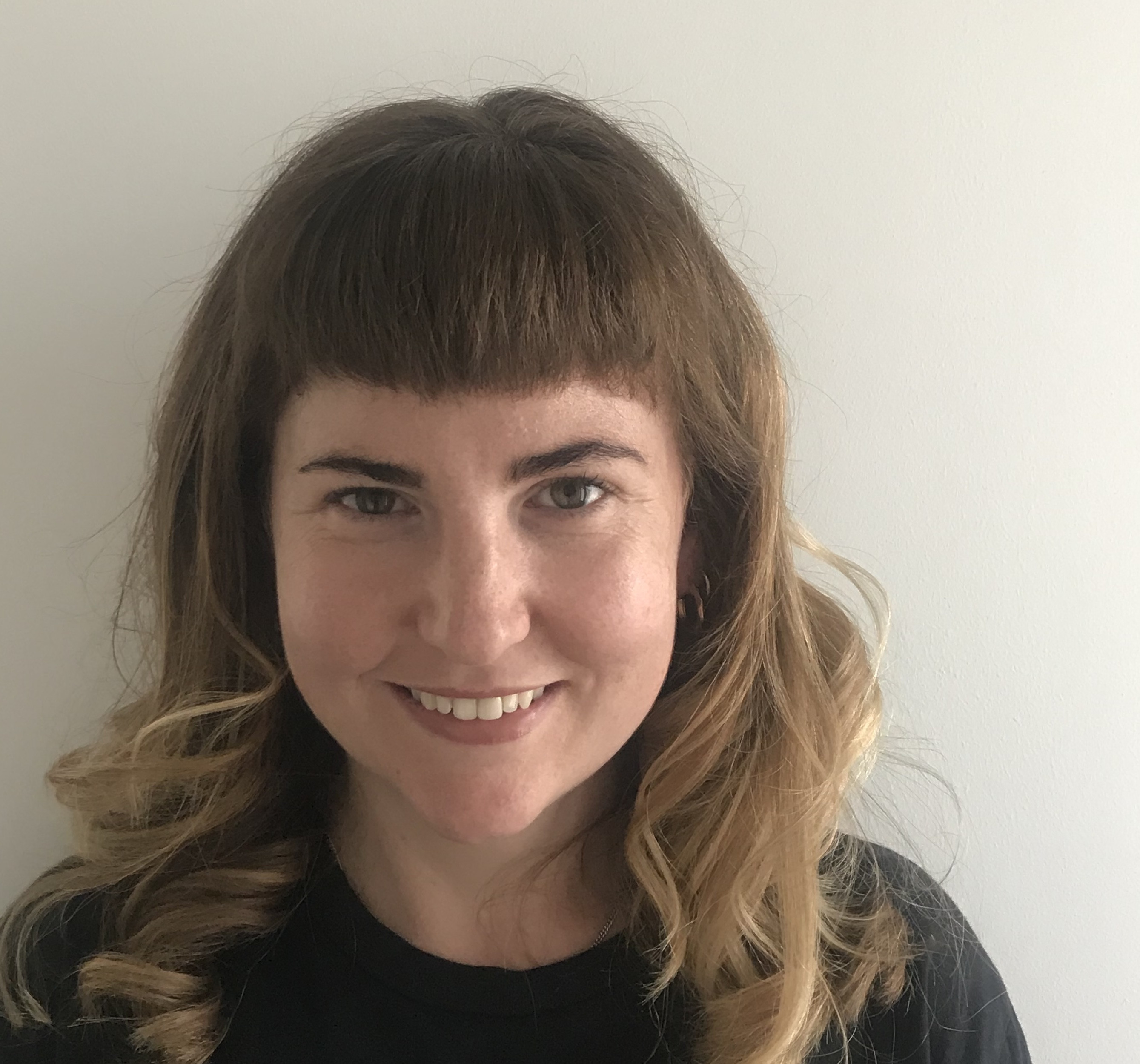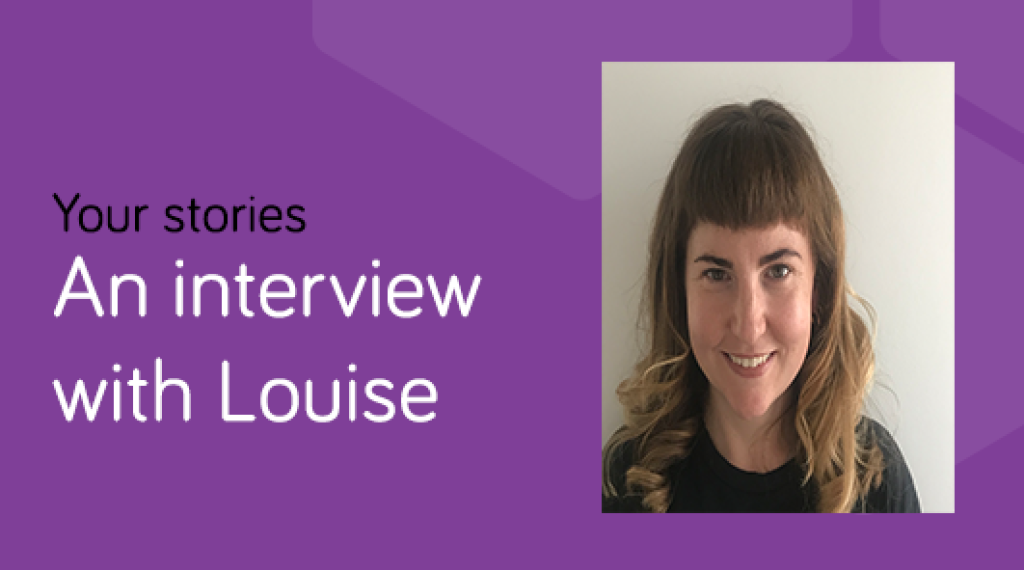We asked Louise if she would answer a few questions about her work with us and our members

How long have you been working at Great Ormond Street Hospital and how do you operate within the Hospital? I have been working at Great Ormond Street Hospital for three years but took some time out to have a baby last year. I provide Speech and Language Therapy services to the inpatient wards across Great Ormond Street Hospital. I help infants/children with feeding difficulties as well as offering communication support and advice. I also have a special interest in lysosomal storage disorders and see these patients within clinics. What do the multi-disciplinary team (MDT) clinics involve and when would you expect to have one? Dedicated MDT clinics provide an opportunity for families to meet several professionals in one afternoon. Families find this more convenient than attending separate appointments. We believe that these clinics led to a more child centred and holistic service for our patients. We really appreciate input from the MPS Society advocacy workers at these clinics also. In what instance would a child or young adult have further specialist assessments such as Videofluoroscopy?
Videofluoroscopy (VFSS) is a moving x-ray examination of swallowing in real time. It’s used to assess the swallow picture of infants/children who have problems swallowing. The child is asked to eat or drink their own food and drink (with barium added as a contrast). The result is interpreted and discussed with the family immediately afterwards. Do you start with an assessment and then refer to local services? If so, would you then receive a final report of outcomes back? I spend a lot of time liaising with local Speech and Language therapy colleagues. They provide very useful information about how the child is eating, drinking and communicating at home and/or at school. We also invite local Speech and Language therapists to attend VFSS assessments so we can work together more closely.
What is the difference between their local therapist and yourself? The local therapist is usually the first point of contact if parents or carers have feeding concerns. They can assess the child in an environment where they’re comfortable eating such as school or home. The local therapist may also offer speech and language assessments and therapy input. They have a key role in working with educational staff and community paediatricians.
Great Ormond Street Hospital is a tertiary care hospital offering highly specialist services. I provide detailed Speech and Language therapy assessments and second opinions as opposed to ongoing therapy. I am fortunate to work with a team of lysosomal storage disorder experts who work together in a supportive way. How do you get to know children with MPS and related diseases? Children attend MDT clinics with their families once or twice per year. I feel privileged to support so many families regularly, allowing us to get to know each other and build up a relationship over time. I find this part of my job very rewarding. What are the expectations of parents for SLT? Families are often surprised to hear how varied the Speech and Language therapy role can be. They often think that our role is restricted to assessment of speech, language and communication. However much of my work is around maximising nutrition, hydration, swallow safety and health outcomes.
